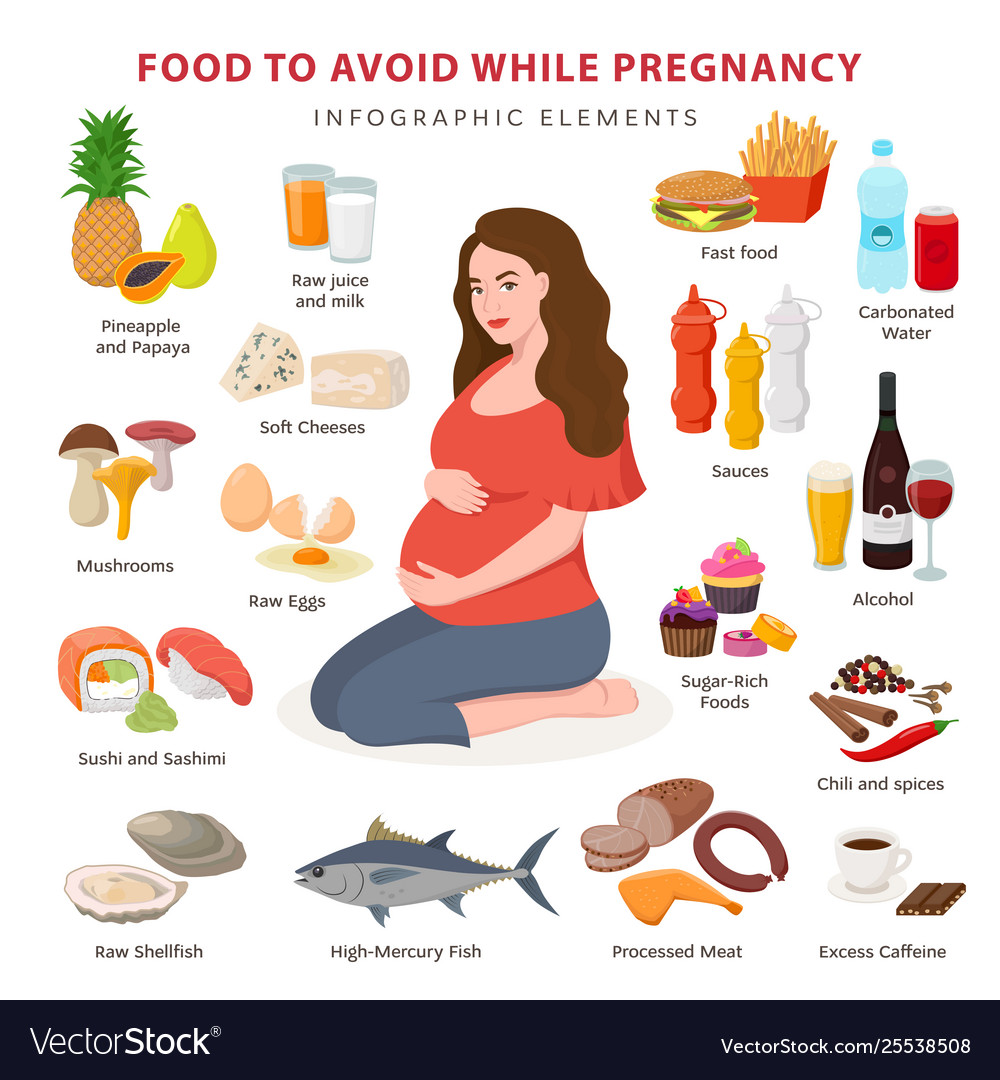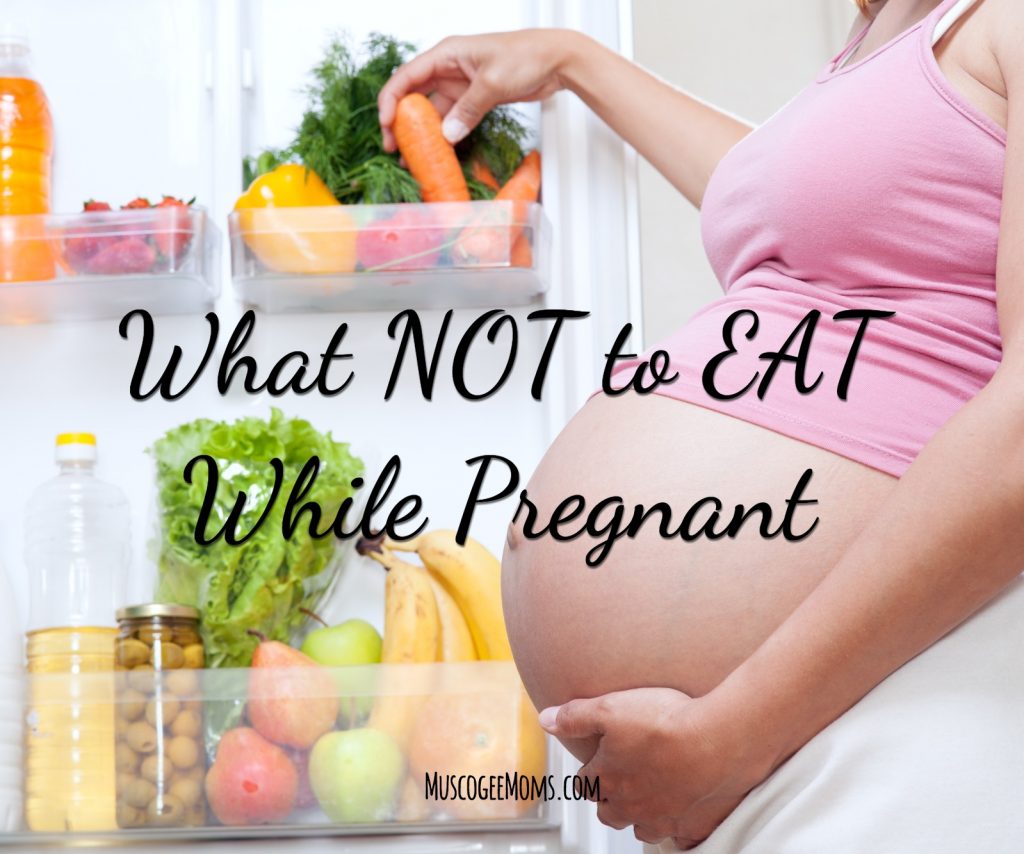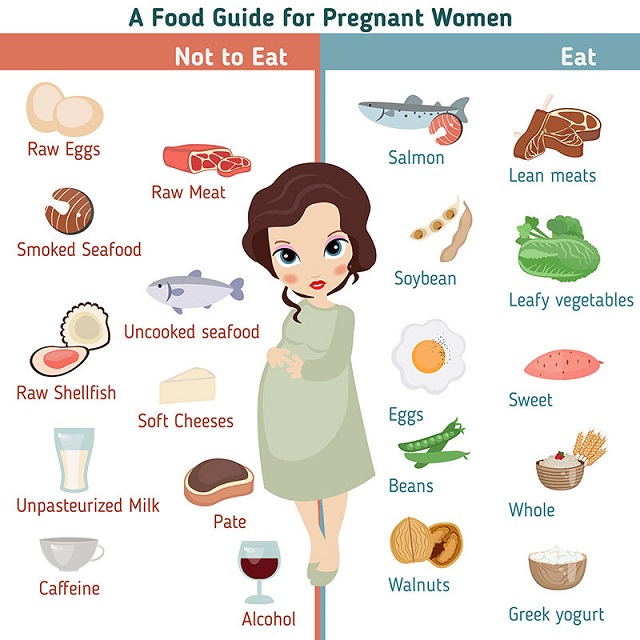Which Food Is Not Good For Pregnant Women
Wednesday, December 18, 2024
Edit

Which Foods Are Not Good for Pregnant Women?
Pregnancy is a time for both joy and worry for expecting mothers. While the reward of a healthy, happy baby is certainly worth the nine months of carrying a baby, there are still many things to consider to ensure the best possible health for both mother and baby. One of the most important things that pregnant women need to consider is their diet. While eating a healthy, balanced diet is important for everyone, it is especially important for pregnant women, as the food they eat will have a direct impact on the health of their baby.
Foods to Avoid During Pregnancy
There are certain foods that pregnant women should avoid or limit during pregnancy. While there are some exceptions, here are some of the most common foods to avoid during pregnancy:
Raw Foods
Raw or undercooked meats should be avoided during pregnancy. Eating meat that is not cooked to a safe temperature can result in food poisoning, which can be a serious health risk for both mother and baby. Additionally, any food that has been left out at room temperature for too long should be avoided as well. This includes deli meats, hot dogs, and smoked salmon.
Soft Cheeses
Soft cheeses, such as Brie, feta, blue cheese, Camembert, and Roquefort, should be avoided during pregnancy due to the risk of listeriosis. This is a bacterial infection that can cause serious health risks for both the mother and baby, so it is important to avoid these cheeses. Hard cheeses, such as cheddar, are generally considered to be safe.
Fish
Fish can be an important part of a healthy diet, but it is important to choose fish that are low in mercury. Eating fish that is high in mercury can cause health problems for both the mother and the baby. Fish that are high in mercury include shark, swordfish, king mackerel, and tilefish. Fish that are low in mercury, such as salmon, trout, and canned light tuna, are considered to be generally safe.
Caffeine
Caffeine is a stimulant and can increase the risk of miscarriage and premature birth. It is generally recommended that pregnant women limit their caffeine intake to no more than 200 mg per day. This is equivalent to two 8-ounce cups of coffee.
Alcohol
Alcohol should be avoided during pregnancy due to the risk of fetal alcohol syndrome. This is a serious and potentially life-threatening condition that can cause a range of health problems for the baby. Therefore, it is important for pregnant women to abstain from alcohol during pregnancy.
Conclusion
Eating a healthy diet during pregnancy is essential for the health of both the mother and the baby. While there are some exceptions, pregnant women should generally avoid raw foods, soft cheeses, fish that is high in mercury, caffeine, and alcohol. Eating a balanced diet of healthy foods can help to ensure a healthy pregnancy and baby.
Ghim trên Health

Which Food Is Not Good For Pregnancy - PregnancyWalls

Six Foods Pregnant Women Should Avoid

Can You Eat Yogurt While Pregnant - Orgy Couple

What Not To Eat During Pregnancy,fruits to avoid during pregnancy india
9 Foods to Avoid While Pregnant - Swaddles n' Bottles
Pin on pregnancy

Foods To Avoid During Pregnancy

Pin on Pregnancy Eating Tips

Foods to Avoid during pregnancy - YouTube
